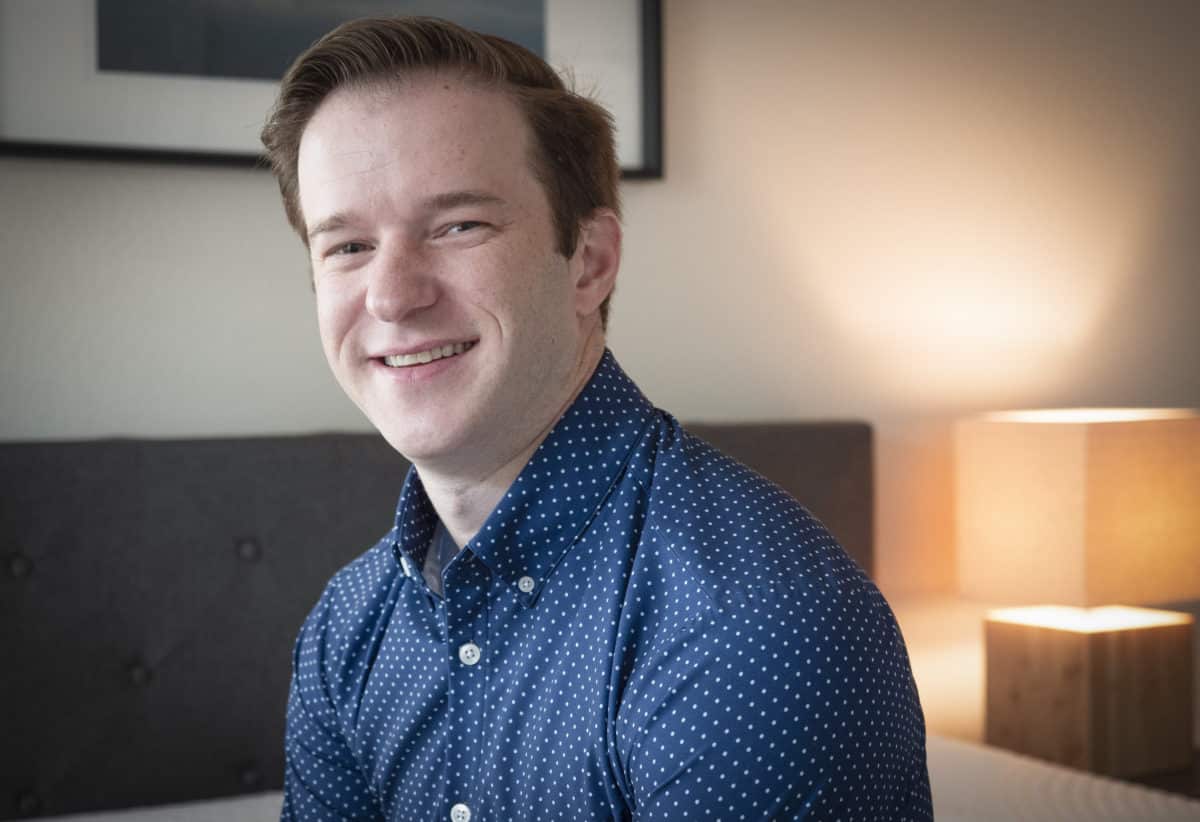It’s important to be well-rested and alert at work — especially when the job involves decision-making, operating any kind of machinery, or being responsible for people’s health. In spite of the fact that we can all agree well-rested people perform better on the job, a new study suggests new doctors might not be getting enough sleep.
For a paper published in the Journal of General Internal Medicine, researchers studied 33 first-year medical residents (also known as interns) for eight months — two months before they started their residency and for the first six months of the residency. The medical residents wore activity trackers that collected data about their activity and sleep habits. They also regularly rated their moods on a scale of 1 to 10.
The study’s results suggest new doctors are significantly sleep deprived. And that has consequences for their physical and mental wellbeing as well as their performance on the job.
The Results
On average, the participants lost 2 hours and 48 minutes of sleep each week once they began their medical residencies. Their physical activity decreased by 11.5%, and their mood scores also decreased by 7.5%. Participants who didn’t sleep well or for long enough were more likely to rate their mood as low the next day.
The researchers also found that when interns’ schedules changed and they were required to be at work earlier, they often did not go to bed earlier to compensate for their lost sleep.
These findings would be significant for any profession, but they’re especially sobering when one considers that being a doctor is a uniquely stressful, time-consuming job.
“Interns’ schedules change day to day and month to month as they rotate through different shift times and settings, and with recent national changes in their work-hour limits, these dramatic changes in work and sleep time have become more profound,” researcher Srijan Sen told Sleep Review Mag. “We hope this research will help inform residency programs as they design their interns’ schedules.”
“We’re learning more and more that sleep and circadian timing play a role in our mental and physical health,” Sen told ScienceDaily. “We need to see this as a national priority, not just for physicians in training but even for those in practice — for instance, those who stay up late to finish entering information and orders into electronic health record systems at home, or have other administrative burdens outside of clinical care hours.”
RELATED: 4 Sleep Tips For People Who Work At Night
The researchers plan to study more new doctors to gather additional data on their sleep, activity levels, and moods. They hope this will provide them with deeper insights and inform recommendations for ensuring doctors get enough sleep.
[Editor’s Note: The information provided should not be considered a substitute for professional advice. Please consult a sleep doctor or other medical expert if questions arise around one’s own health.]
Featured image: megaflopp/Shutterstock


